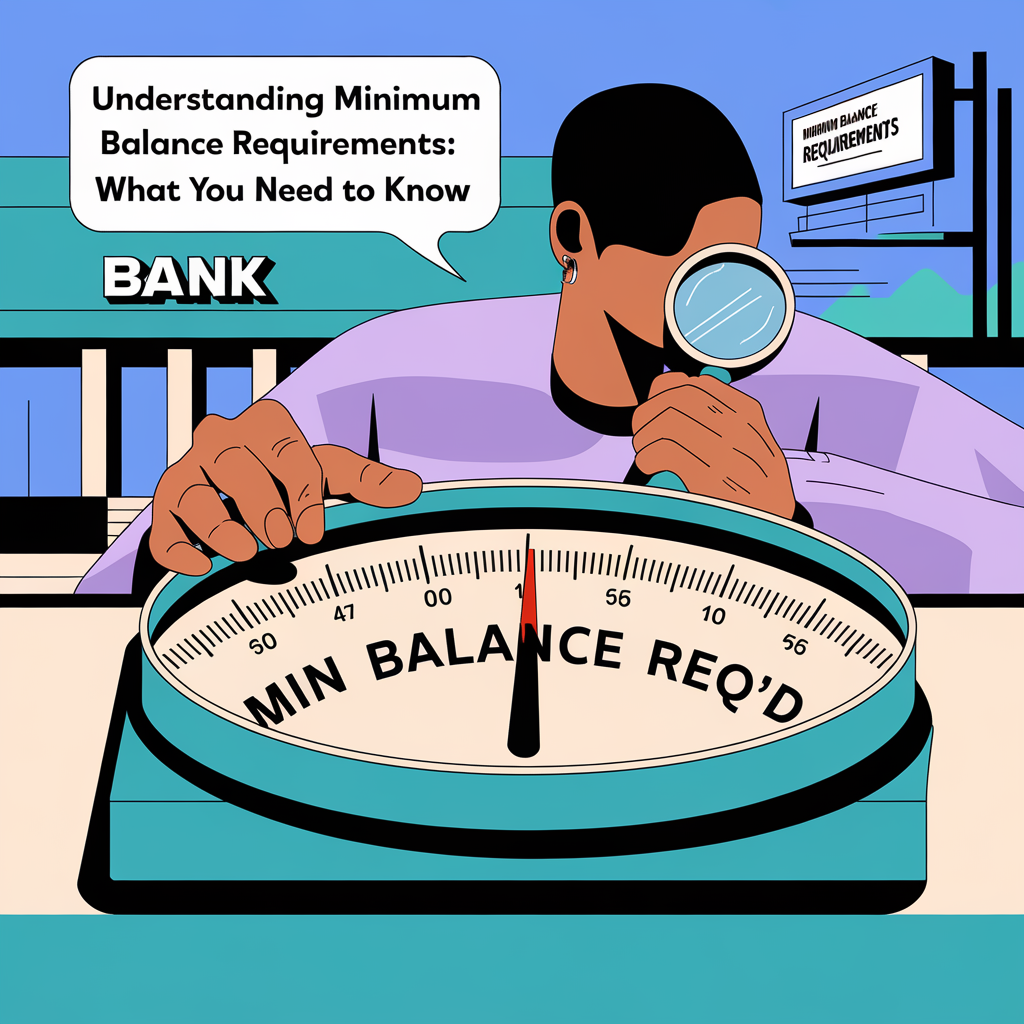Maximize Your Savings with a High-Yield Savings Account
Managing your personal finances effectively is crucial, and one of the best tools to help you achieve this is a high-yield savings account. Offering above-average interest rates, these accounts can significantly enhance your financial growth. If you haven’t yet opened a high-yield savings account, now is the time to consider it. Here are seven compelling reasons why a high-yield savings account can be a valuable addition to your financial strategy.
Above-Average APY
High-yield savings accounts offer a higher annual percentage yield (APY) compared to standard savings accounts. For instance, in December 2023, the average APY on a traditional savings account was just 0.46%, according to the Federal Deposit Insurance Corp. (FDIC). In contrast, some high-yield savings accounts were offering APYs of 5% or more. These rates are typically variable and can change based on the federal funds rate set by the Federal Reserve. As of the end of 2023, APYs on high-yield savings accounts were higher than the rate of inflation, making them an attractive option for savers.
Compound Interest
One of the most significant advantages of a high-yield savings account is the ability to earn compound interest. This means you earn interest not only on your initial deposit but also on the interest that accumulates over time. The frequency of compounding—whether daily, monthly, quarterly, or annually—can significantly impact how quickly your savings grow. The more frequently the interest compounds, the faster your savings will increase, helping you reach your financial goals more quickly.
Low Risk
High-yield savings accounts are a low-risk investment option. Unlike other investment vehicles, such as stocks or bonds, which carry varying levels of risk, money in a federally insured savings account is safe. These accounts are guaranteed up to $250,000 per account owner, per ownership category, and per institution by the FDIC or the National Credit Union Association (NCUA). This means even if the financial institution fails, your money is protected.
Easy Access
Another significant benefit of high-yield savings accounts is the ease of access to your funds. Unlike certificates of deposit (CDs), which may penalize you for early withdrawals, high-yield savings accounts allow you to access your money whenever you need it. You can transfer funds to another bank account, withdraw cash from an ATM, or even pay bills directly from your savings account. However, be aware that some banks may limit the number of free withdrawals or transfers to six per month before charging a fee.
Simple to Manage
High-yield savings accounts are straightforward to manage. Unlike more complex financial strategies, such as trading securities or investing in real estate, high-yield savings accounts require minimal effort. Once you’ve set up automatic deposits or transfers, you can largely “set it and forget it.” Most banks offer mobile apps that allow you to monitor your savings, track changes to your APY, and adjust your savings as needed. Some apps even include budgeting tools that sync with your savings account transactions, making financial management even more convenient.
Flexibility
Opening a high-yield savings account is quick and easy, often done entirely online. Once your account is open, you can use it to save for any purpose, whether it’s a down payment on a home, a new car, a dream vacation, or even your wedding. You can also open multiple savings accounts to save for different financial goals. For example, you might have one account for your emergency fund, another for a summer vacation, and another for non-annual expenses like insurance premiums or property taxes.
Low or No Fees
Many high-yield savings accounts come with low or no fees, especially those offered by online banks. These banks often have lower overhead costs and can pass the savings on to customers. However, it’s essential to check the details before opening an account, as some may charge fees for monthly maintenance, overdrafts, using non-network ATMs, account inactivity, excessive withdrawals, or falling below a minimum balance. Often, there are ways to waive these fees, such as maintaining a required balance in your account.
The Bottom Line
While high-yield savings accounts offer numerous benefits, it’s important to note that they won’t help you build a credit history. Bank account activity typically isn’t reported to credit bureaus and doesn’t affect your credit score. However, some bank accounts come with credit score monitoring tools to help you keep track of your credit health. If your account doesn’t offer this feature, consider enrolling in a free credit score monitoring service to stay informed about your credit status.
At O1ne Mortgage, we understand the importance of making smart financial decisions. If you’re looking to maximize your savings and achieve your financial goals, a high-yield savings account is a great place to start. For any mortgage service needs, feel free to call us at 213-732-3074. Our team of experts is here to help you navigate your financial journey and make the most of your savings.

